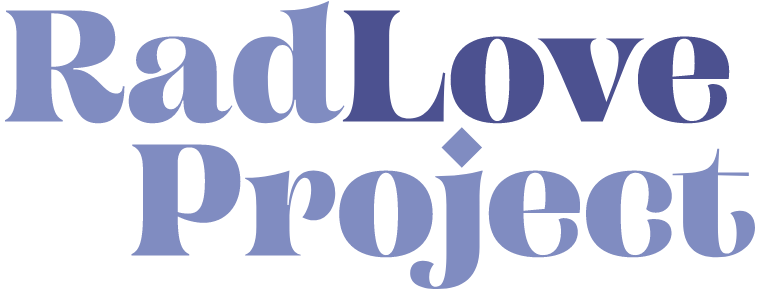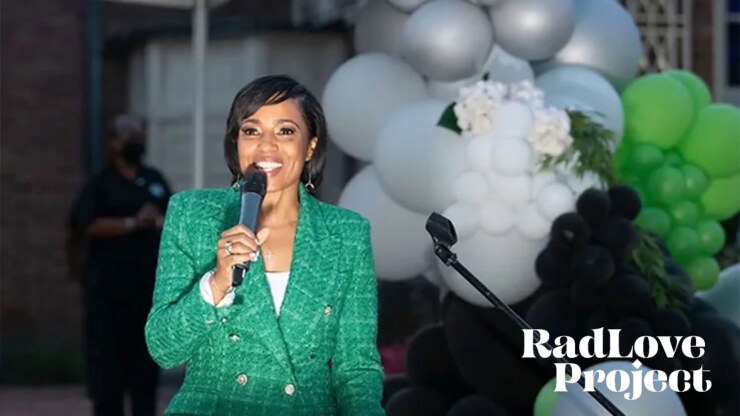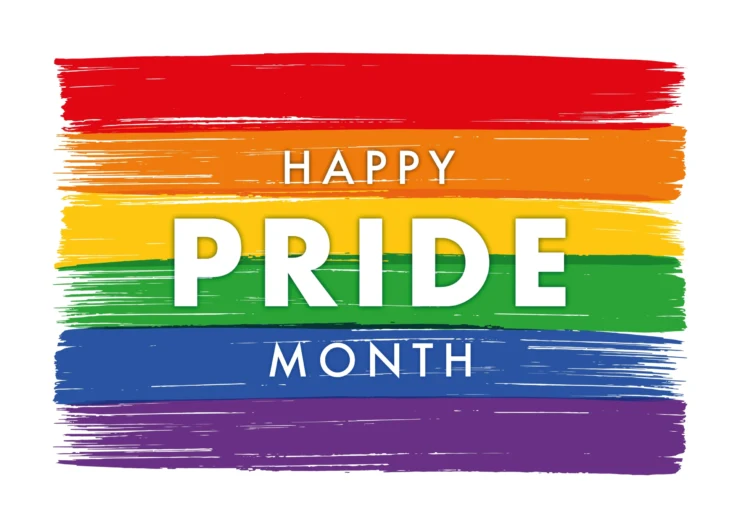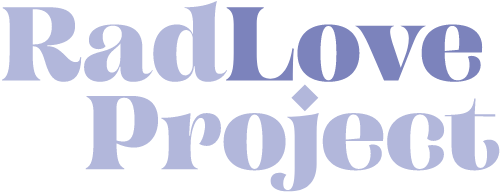For April we are acknowledging a variety of things including that April is jazz appreciation month for which we posted Billy Strayhorn: Groundbreaking Musician, Civil Rights Champion, Queer Icon.
This week, in honor of April also being financial literacy month, I have worked on a run down of things to be aware of related to our tax dollars (and some recommended reads). Let’s address income inequality with awareness, optimism, properly taxing the rich, and correcting mistakes of the past (and present!).
In a system where taxes are meant to support the greater good, it is disheartening to see how the burden falls disproportionately on the poor while benefiting the rich. In this blog post I will dive into the ways in which our current tax system perpetuates inequality and allows the rich to thrive at the expense of the less fortunate… we have a lot of work to do Radlove readers!
It is my hope that this blog post can help spread awareness and inspire future action as we must take steps to elect the right people and address capitalism (to learn more about what we here at Radlove project stand for read our mission statement and/or join our list.
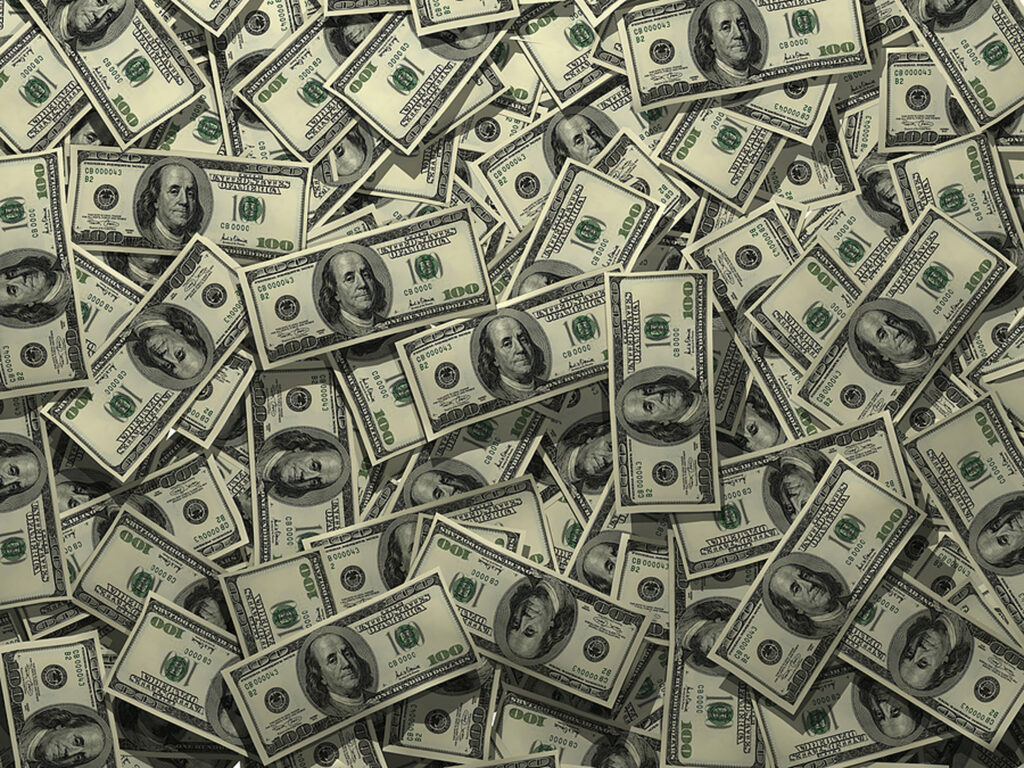
1. Tax Cuts for the Wealthy: One glaring example of how the poor are paying the rich is through tax cuts that primarily benefit the wealthy. According to a study by the Institute on Taxation and Economic Policy (ITEP), the top 1% of households in the United States receive more than 20% of all federal tax cuts. These tax cuts mainly involve reductions in corporate tax rates and capital gains taxes, which disproportionately benefit the wealthy and large corporations. Furthermore, research by economists Emmanuel Saez and Gabriel Zucman found that the effective tax rate for the top 400 wealthiest Americans was lower than that of the working-class. Such disparities in tax burdens contribute to widening income inequality. They hinder social mobility and perpetuate oppression.
2. Regressive Tax Policies: Regressive tax policies further exacerbate the burden on the poor. Sales tax, for instance, has a more significant impact on lower-income individuals who spend a larger portion of their income on taxable goods and services. On the other hand, the wealthy, who have a higher proportion of their income allocated to investments and savings, are less affected by sales taxes. Additionally, property taxes, which are often regressive, place a higher burden on low-income homeowners compared to wealthy property owners. This leads to the erosion of wealth for the poor, while the rich can maintain and accumulate wealth through property ownership. There are some great insights into this in Mathew Desmond’s Evicted: Poverty and Profit in the American City (a book I highly recommend).

3. Tax Loopholes and Offshore Tax Havens: The wealthy often exploit tax loopholes and offshore tax havens to minimize their tax obligations which is both legal and horrible. These practices allow the wealthiest Americans to avoid paying their fair share of taxes, leaving the burden to be shouldered by the less affluent. According to a report by Oxfam, the world’s richest 1% evade an estimated $200 billion in taxes annually, contributing to rising inequality. The use of offshore tax havens by multinational corporations also contributes to the shifting of profits away from the countries where they operate, depriving other governments of tax revenue that could be used for public services and infrastructure development as described in The Hidden Wealth of Nations: The Scourge of Tax Havens. This further widens the gap between the rich and the poor, as the burden of supporting public services falls on those with lower incomes.
4. Inadequate Social Safety Nets: The lack of robust social safety nets further exacerbates the inequality perpetuated by the tax system. While the wealthy can afford high-quality healthcare, education, and other essential services, the poor struggle to meet their basic needs. This disparity is reinforced by the inadequate allocation of tax revenues towards social programs that could uplift those in need. For example, the United States spends a smaller proportion of its GDP on social programs compared to other developed countries, leading to inadequate support for low-income families, limited access to affordable healthcare, and a higher risk of poverty.
What’s Next
While the current tax system disproportionately burdens the poor while allowing the rich to benefit and thrive we still hear all to often from those on the right side of the political spectrum that tax cuts for the wealthy “stimulate economy”. In reality, regressive tax policies, tax loopholes, and inadequate social safety nets all contribute to an unjust distribution and a penalizing of the poor.
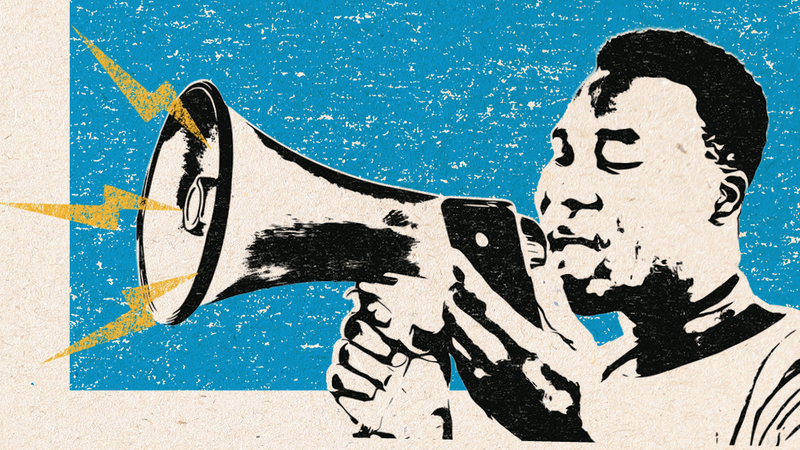
To take a close look at our tax dollars is to realize that the poor are subsidizing and supporting the wealthy in the ways described above. It is important to work with economic justice organizations to elect the right leadership in order to achieve economic justice. Addressing these issues requires comprehensive tax reform that prioritizes equity and ensures that the burden is shared more fairly among all members of society. By implementing progressive tax policies, closing tax loopholes, and investing in social programs, we can create a more equitable society where tax dollars truly work for the benefit of all. We need to tax the rich. It is crucial for policymakers and citizens alike to advocate for tax reforms that promote fairness and reduce the burden on the poor, ultimately fostering a more inclusive and just society.
Join the RadLove movement and help us redefine what is possible.
